October Calendar of Special Days
1. National Hair Day, Fire Pup Day, National Homemade Cookies day
2. National Custodial Worker's Recognition Day, National Name Your Car Day
3. National Techies Day, National Boyfriend Day
4. National Taco Day, National Golf Lover's Day, National Walk To School Day, National Pumpkin Seed Day (Yum!)
5. National Get Funky Day, National Do Something Nice Day (Always a great day to celebrate), National Apple Betty Day.
6. National Plus Size Appreciation Day, National Mad Hatter Day, National Noodle Day.
7. National LED Light Day, National Inner Beauty Day.
8. National Fluffernutter Day, Clergy/Pastor Appreciation Day
9. National Lief Erikson Day, National Moldy Cheese Day, National Chess Day, native American Day, Columbus Day
10. National Cake Decorating Day, National Purse/Handbag Day
11. National Fossil Day, National Bring Your Teddy Bear (or frog) To Work/School Day, National Stop Bullying Day
12. National Savings Day, national Freethought Day, National Farmer's Day
13. National Train Your Brain Day
14. Be Bald and Be Free Day, National Costume Swap Day, National Motorcycle Ride Day
15. National Cheese Curd Day, National I Love Lucy Day, National Grouch Day, National White cane Safety Day
16. National Dictionary Day, National Feral Cat Day, Boss's Day, National Clean Your Virtual Desktop Day
17. National Edge Day, National Mulligan Day, National Pasta Day, Black Poetry Day
18. National Chocolate Cupcake Day, National No Beard Day, National Hagfish Day, Support Your Local Chamber of Commerce Day
19. National Get Smart About Credit Day, Get To Know Your Customers Day
20. National Mammography Day
21. National Pumpkin Cheesecake Day, National Reptile Awareness Day, National Sweetest day
22. National Nut Day, National Color Day, National Mother-In-Law Day
23. National Boston Cream Pie Day, National Mole Day, National TV Talk Show Host Day (For those of you who might remember, this is Johnny Carson's birthday., Swallows Depart From Capistrano Day, iPod Day
24. National Food Day, United National Day
25. Sourest Day, Chucky The Notorious Killer Doll Day (I never did get those movies...)
26. National Day Of The Deployed, National Mule Day, National Pumpkin Day
27. National Black Cat Day, National Frankenstein Friday
28. National Chocolate Day (Isn't this every day???), National Make A Difference Day
29. National Cat Day, National Hermit Day, National Oatmeal Day
30. National Speak Up For Service Day, National Publicist Day (I could use one of them!)
31. National Knock-Knock Jokes Day, National Magic Day, Girl Scout's Founders Day and, of course, Halloween!
Holy Smoke! With all these great days to celebrate this month, how does one make choices? After thinking it over a bit, i'll pare down my list to a reasonable number and then hop off to the Lily Pad Party Store to gather my supplies. It's going to be a very busy month. Have fun and stay safe, no matter what your personal plans are. I look forward to seeing you all back here on Monday.
I wish you all a "SPOOK-tacular" weekend.

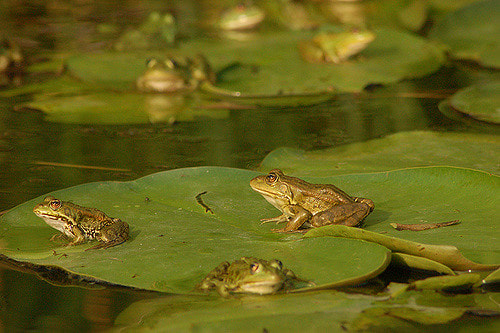

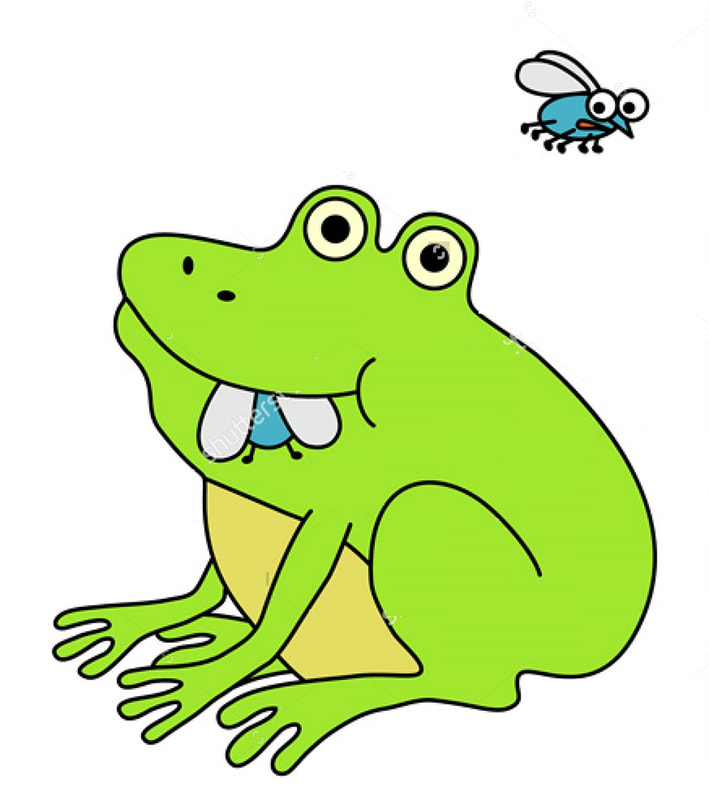

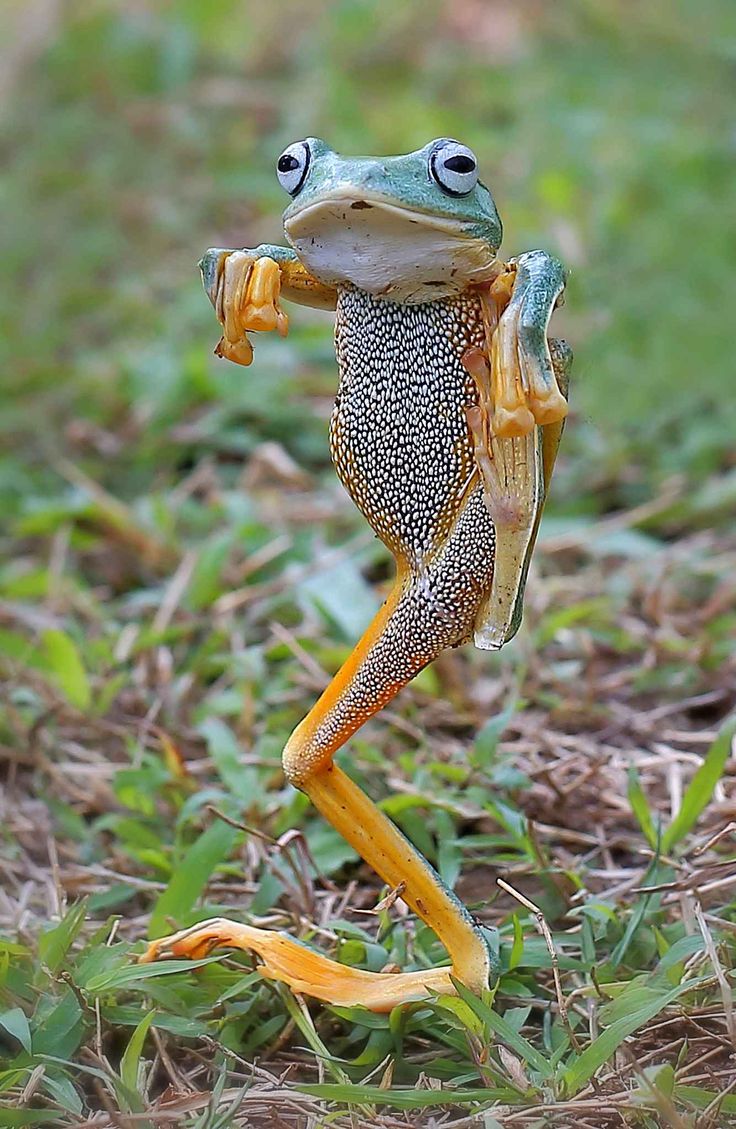

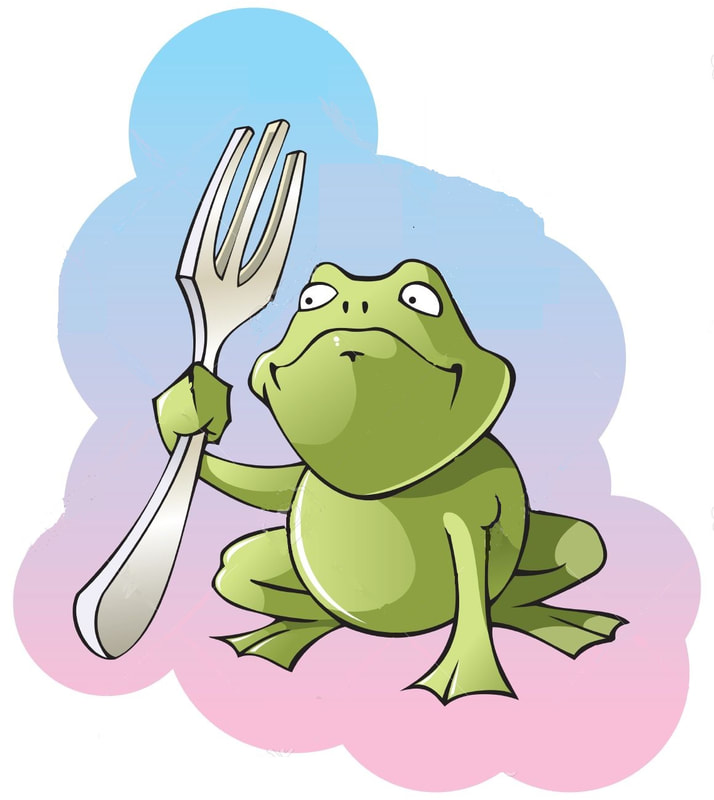

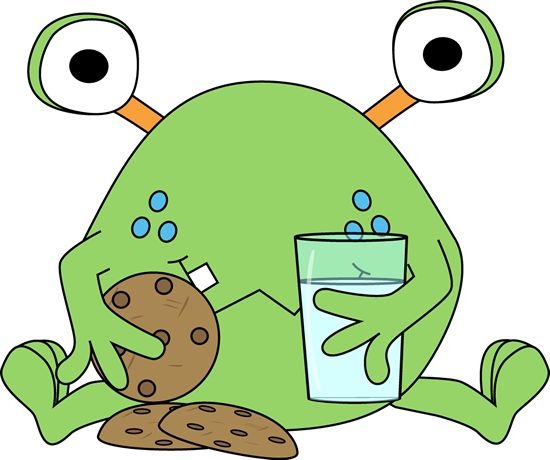
 RSS Feed
RSS Feed